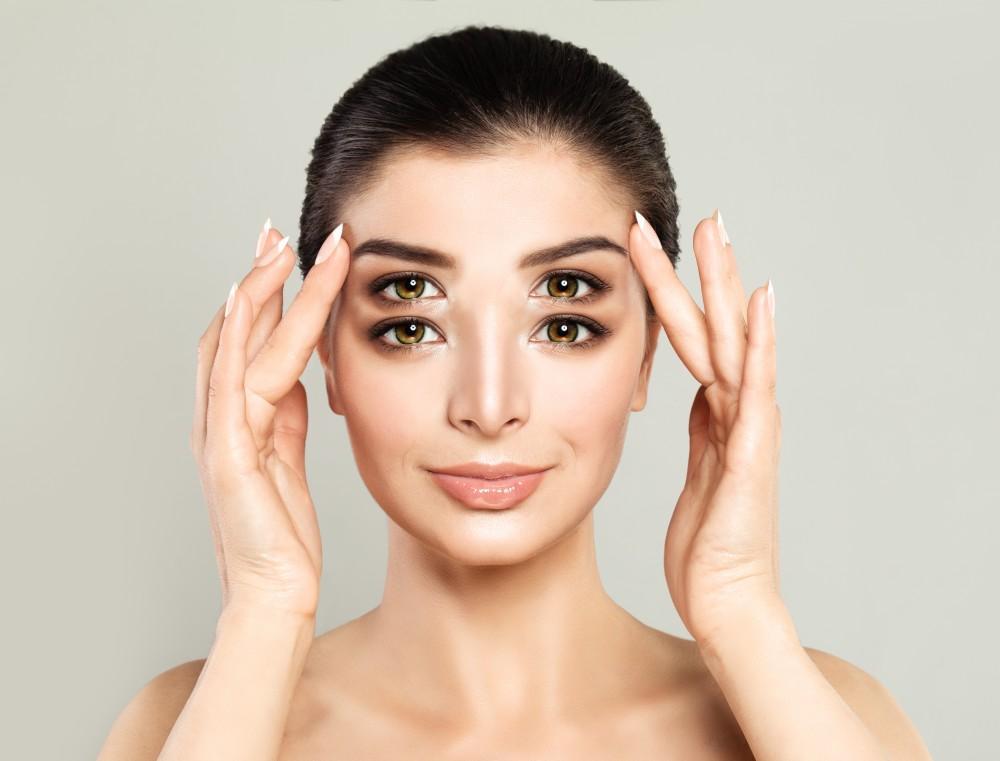
How to Protect Your Eyes After LASIK

Undergoing laser-assisted in situ keratomileusis — better known as LASIK — is an exciting step toward clear vision without glasses or contacts. LASIK is a popular refractive surgery, and like any surgery, requires a bit of downtime to recover.
Read on as the team of experts at Maryland Eye Care Center in Silver Spring and Hyattsville, Maryland, highlights eight ways to protect your eyes after LASIK surgery.
1. Follow your post-op instructions
Your surgeon provides you with specific post-op instructions. Follow these guidelines diligently. They promote healing and prevent complications, such as excessive irritation or infections.
Your instructions may include using prescribed eye drops, avoiding certain activities, and attending follow-up appointments. We review that with you during your consultation.
2. Use your eye drops as directed
After LASIK, your eyes may feel dry or irritated. That’s common. About 95% of people report dry eyes after surgery, but that tends to improve over time.
We often prescribe lubricating eye drops to keep eyes moist and prevent inflammation or infection. Use these drops as directed to alleviate discomfort and support healing.
3. Wear your eye shield
In the days after your surgery, it’s critical to protect your eyes from dust, wind, and other potential irritants (including airborne droplets from perfume and hairspray).
Wear the protective eye shield as directed by your Maryland Eye Care Center surgeon, especially while sleeping, to prevent accidentally rubbing your eyes. Rubbing your eyes can disrupt healing and increase the risk of infection or complications.
If your eyes do feel itchy or uncomfortable, soothe them using the prescribed eye drops rather than touching or rubbing them.
4. Limit screen time
Avoid using computers, smartphones, and other digital devices during the initial recovery period. Extended screen time can strain your eyes and exacerbate dryness. When you’re cleared to use screens again, take regular breaks to rest your eyes.
Your recovery is a great time to sit back, relax, and listen to an audiobook. Preload your devices with your favorites before your surgery.
5. Protect your eyes from water
Swimming pools, hot tubs, and even natural bodies of water can harbor bacteria and other contaminants that lead to infection. Avoid these for at least two weeks post-surgery, or as specified by our team.
Showering can be problematic if soap and shampoo get into your eyes. You may need to adapt your routine until cleared for a full-on shower. Dry shampoo, baths (with protective eyewear), and shower wipes can help you stay fresh during this time.
6. Avoid dusty or smoky environments
Environments with dust, smoke, or strong fumes can irritate your eyes and hinder the healing process. Try to avoid such places until your eyes have fully recovered.
7. Protect your eyes from the sun
Your eyes may be more sensitive to light after LASIK surgery. Wearing sunglasses with UV protection can help shield your eyes from harmful rays and reduce discomfort in bright environments.
If you need new sunglasses, let us know. We offer polarized lenses in top brands such as Burberry®, Coach New York, Gucci, Nautica, and Ray-Ban.
8. Nourish your body and stay hydrated
After your surgery — or any time for that matter — fuel your body with nutrient-dense foods that support eye health. Dark, leafy greens, salmon, seeds, raw bell peppers, and sweet potatoes are just a few examples. Drink plenty of water too.
Getting ready for your LASIK surgery
If you have other questions about your procedure or specific recovery steps, bring them up during your LASIK consultation. To learn more or to schedule your appointment, call 301-431-0431 or click here to get started today.
You Might Also Enjoy...


Contact Lenses vs. Glasses: Pros and Cons

3 Ways Morpheus8 Can Turn Back the Clock on Your Appearance

What Can Cause Double Vision?

My Vision Is Suddenly Blurry: Is This an Emergency?

/assets/docs/442641.png)
/assets/docs/442638.png)
/assets/docs/442639.png)
